While Shubhanshu Shukla Was Away, Another Astronaut Simulated Space On Earth
Analogue missions take place in locations that have natural or engineered physical similarities to extreme space environments
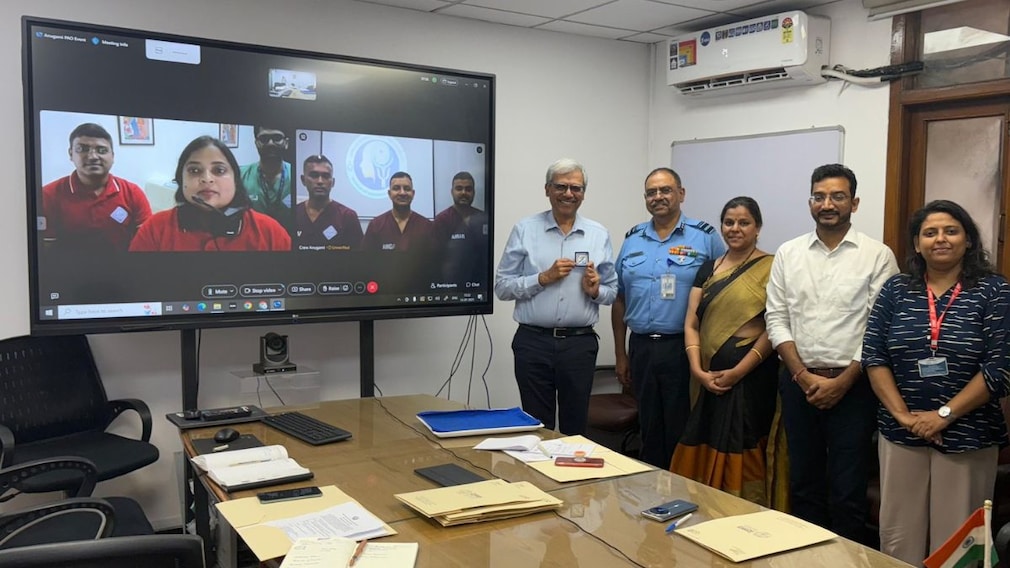
The Indian Air Force (IAF) has announced that in a pioneering step for India's space programme, it enabled a 10-day Space Analogue Mission named ANUGAMI at the Institute for Aerospace Medicine (IAM) in Bengaluru under the Indian Council of Medical Research's (ICMR) Space Psychology Centre.
The simulated space environment but in Earth's gravity was "led by IAF astronaut Group Captain Angad Pratap, [and] the crew of three tackled terra farming, resilience, mindfulness and medical emergencies in a high-fidelity space environment."
Analogue space missions are an important way to simulate everything from encountering claustrophobia to loneliness, and to consume food that is suitable for astronauts.
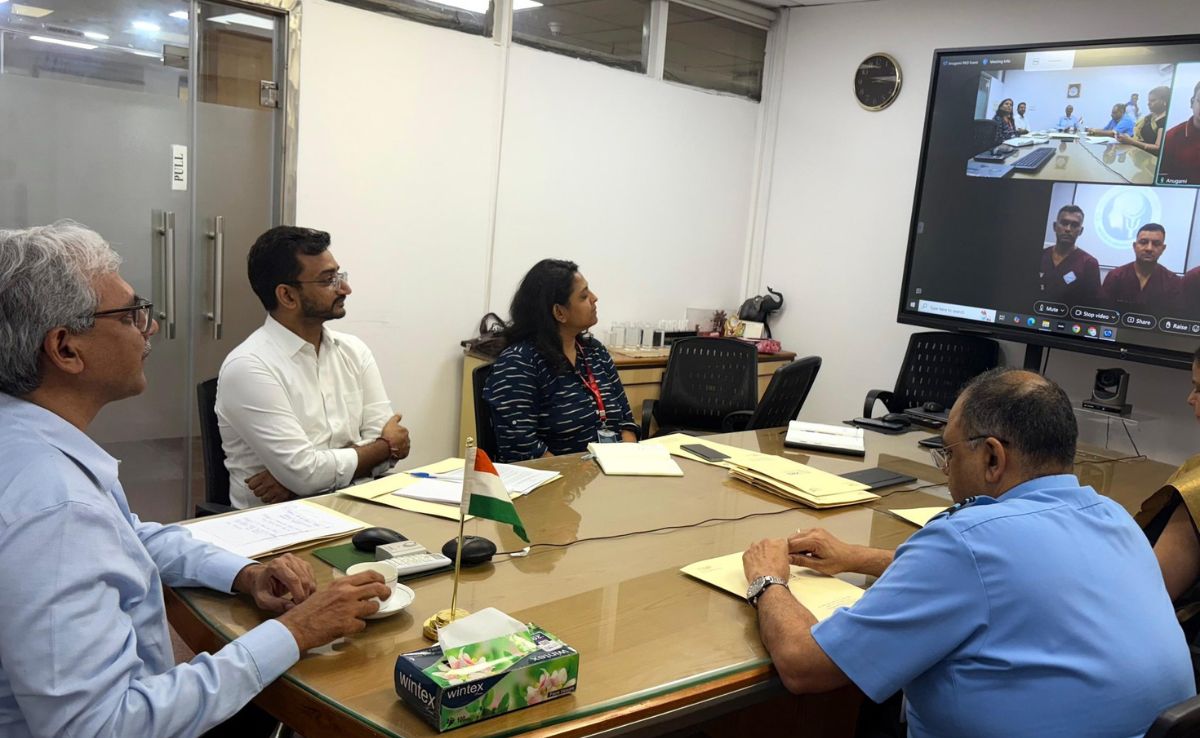
NASA says "analogue missions help its test systems, protocols, and scenarios on Earth before crews are sent to space. They enhance our capabilities on missions to low Earth orbit, and will help guide future journeys to the Moon, Mars, and beyond."
Analogue missions take place in locations that have natural or engineered physical similarities to extreme space environments. They provide NASA with data about strengths and limitations of current and planned human exploration operations. Topics actively researched in analogues include how isolation affects human health, how low gravity affects the human body, and how spacewalk safety can be improved. Test locations include the Antarctic and simulated environments such as motion disorientation machines, spaceflight vehicles, and planetary habitats.
The ICMR has said that "as part of Mission Anugami by ICMR's Centre for Advanced Research - Space Psychology, Dr Rajiv Bahl, Director General, ICMR and Air Vice Marshal Anupam Agarwal of Indian Air Force interacted with analogue astronauts of the 10-day Space Analogue Experiment."
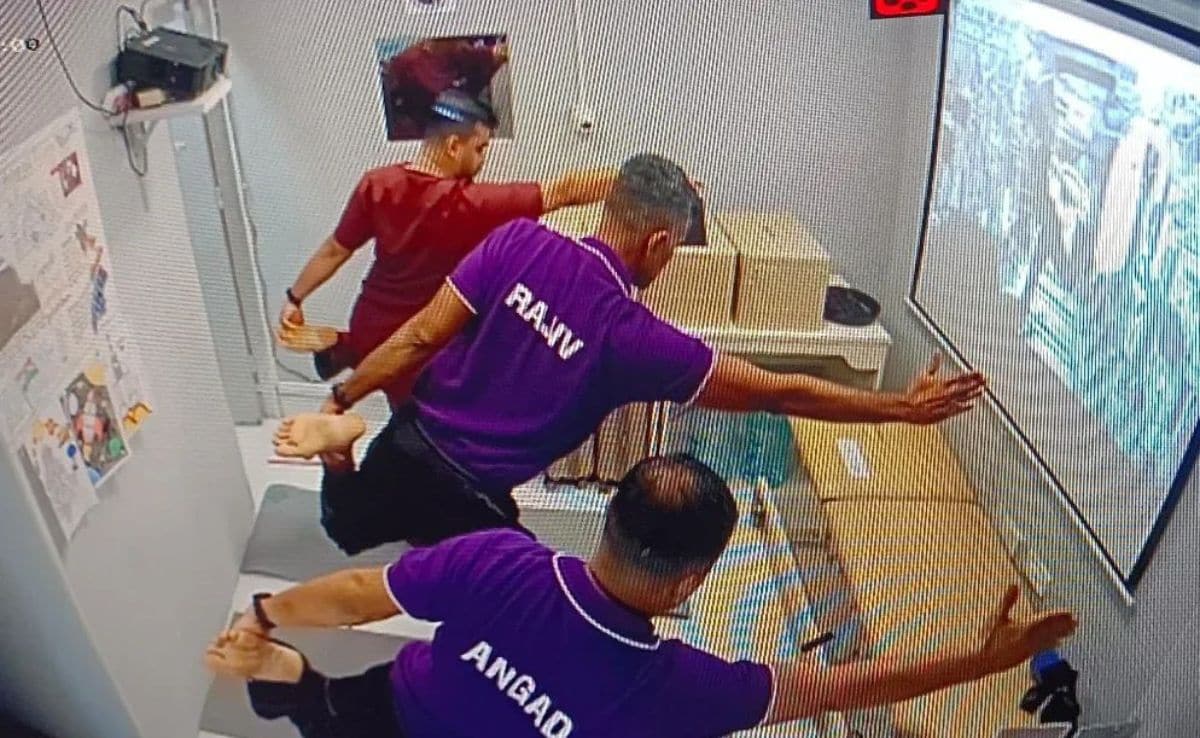
The unique experiment, a collaborative effort between IAF, ICMR and ISRO, was launched by DK Singh, Director, Human Space Flight Centre of ISRO, on July 7. The mission culminated on July 17, with Air Marshal Sandeep Thareja, DGMS (Air), seeing the final simulation. The mission ensures a leap forward in IAF's contribution to the Indian space programme.
Defence Minister Rajnath Singh visited the Bengaluru-based Institute of Aerospace Medicine (IAM) on March 9, becoming the first Defence Minister to visit the institute. He was briefed about the unique role of IAM in pilot training, their medical evaluation and aeromedical research.
Mr Singh also inspected the Dynamic Flight Simulator and High Performance Human Centrifuge used for high-G training of fighter pilots and the spatial disorientation simulator for training pilots of the armed forces to avert the risk of spatial disorientation in flight.
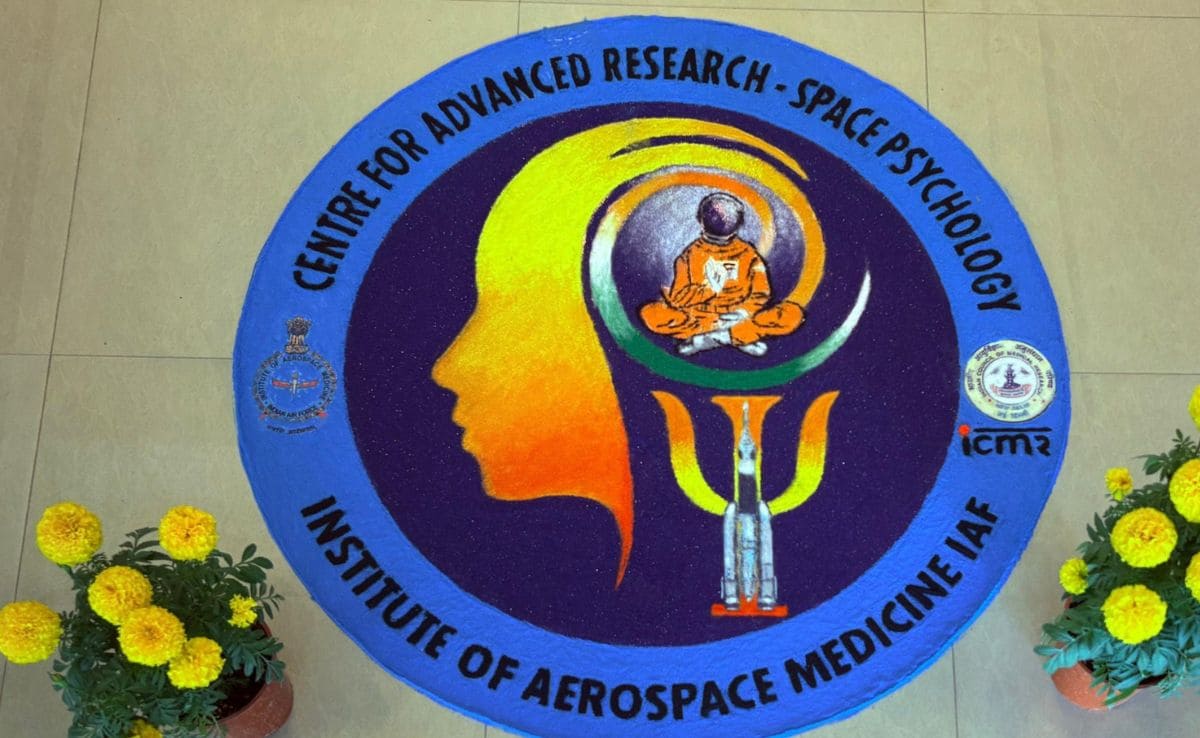
He also launched the Indian Council of Medical Research Extramural Research Project: Centre for Advanced Research at the institute. The title of the project is 'Space Psychology: Selection and Behavioural Health Training of Astronauts and Astronaut Designates for Indian Space Missions'.
During the inauguration in March, Mr Singh underscored the importance of aerospace medicine, terming it as critical for dealing with challenges such as micro-gravity, radiation, and isolation faced by a human being in space, while also addressing physical and mental changes.
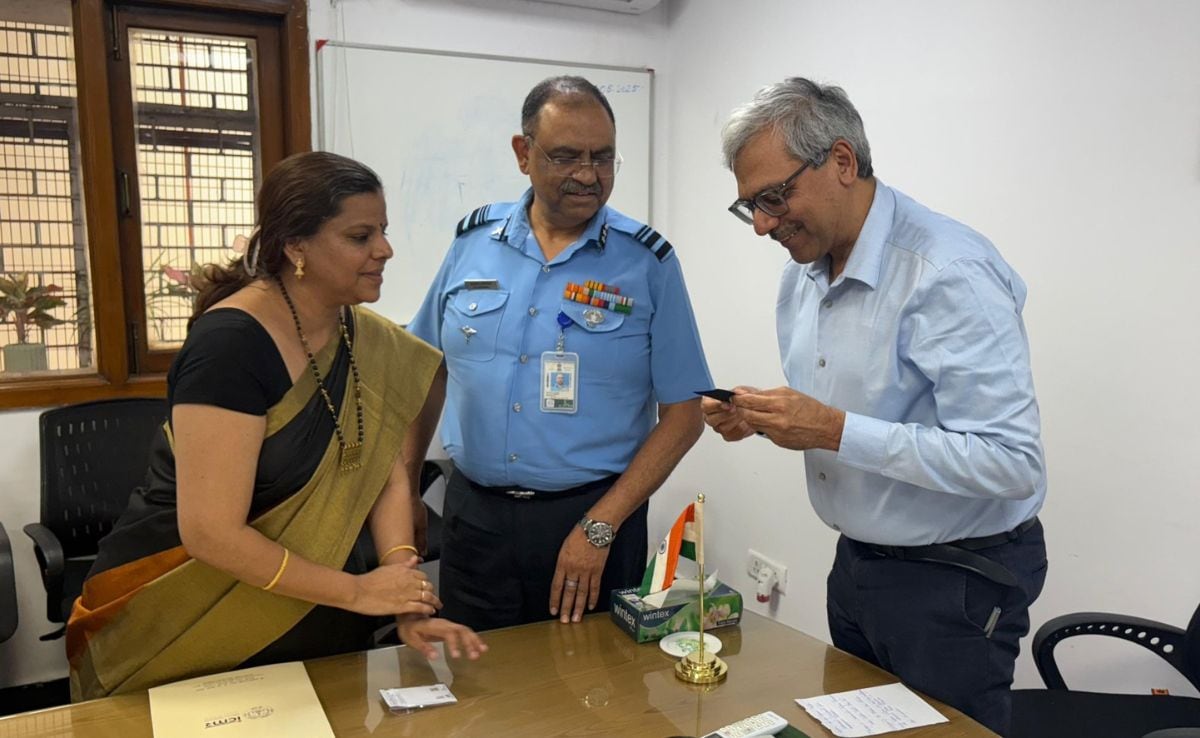
"Whether it is an issue related to neurons, bone loss or mental problems, it is the responsibility of aerospace and space medicine to tackle these challenges. The field must prepare itself for bigger responsibilities in the future," he said.
In his inaugural address, Mr Singh highlighted the growing need for expertise in aerospace medicine in view of the continuous increase in air and space traffic.
"From a defence perspective, space has emerged as a major domain in warfare. We have taken a step forward in this direction and mastered the most-advanced technologies such as anti-satellite. India has also become the fastest-growing aviation market in the world. As we are touching new heights in space, we need to explore more possibilities in aerospace medicine. There is a need for increased R&D as research in any high-end complex technology provides benefits to many fields," the Defence Minister said.
-
Behind Arvind Kejriwal's Freedom: The 'South Group' Tag, A US Drugs Case
Special Judge Jitendra Singh also asked searching questions of the Central Bureau of Investigation, the federal agency tasked with building the corruption case against Kejriwal.
-
Opinion | The Hypocrisy Of Pakistan And Turkey's Frustration With India-Israel Ties
Even before the conclusion of PM Modi's visit, editorials and op-eds appeared in Pakistani and Turkish media, indulging in fear-mongering about India and Israel's deepening ties.
-
Soviet Union, US Coalition, And Now Pakistan: Afghan Military's New Test
Pakistan would have the upperhand in a short, conventional war. But if history is any indicator, Afghanistan can bleed Pakistan in a prolonged guerrilla warfare condition
-
Arvind Kejriwal Won The Case That Cost Him His Job
Months of drama followed Kejriwal's arrest, including allegations of medical negligence and the AAP claiming the BJP was trying to 'kill' him in prison by denying him insulin.
-
Opinion | Why Social Media Platforms Must Share The Wealth Others Create For Them
There are an estimated 2-2.5 million active digital creators in India. Yet only 8-10% effectively monetise their work.
-
Opinion | Congress's 'Jamaat' Experiment In Kerala Can Backfire Badly. But Does It Care?
The Jamaat has always been sort of a political pariah in the state. Why, then, is the Congress warming up to it?
-
Opinion | A BAFTA Award, Straight From The Ashes Of Manipur's Moreh
The shooting for 'Boong' in Moreh wrapped up barely a week before violence engulfed the township. Many who stood behind and before the camera are today internally displaced.
-
Inside Mumbai's Worsening Air Pollution Crisis
Mumbai Air Pollution: Mumbai 's overall Air Quality Index (AQI) on February 25 remained in the poor to unhealthy range.
-
Opinion | What's In An 'M'? The Empty Performance of Renaming Kerala
The 'm' at the end of Keralam will not stop the sea from encroaching, it will not fill the coffers of the state treasury, and it will not provide a bed in a super-specialty hospital.
-
6,800 km From Epstein Island, His Paris Lair Surfaces With Disturbing Details
The photographs show an 18-room residence saturated in red, orange and pink tones. Walls are covered with framed images of naked or semi-naked young women.
-
News Updates
-
Featured
-
More Links
-
Follow Us On










